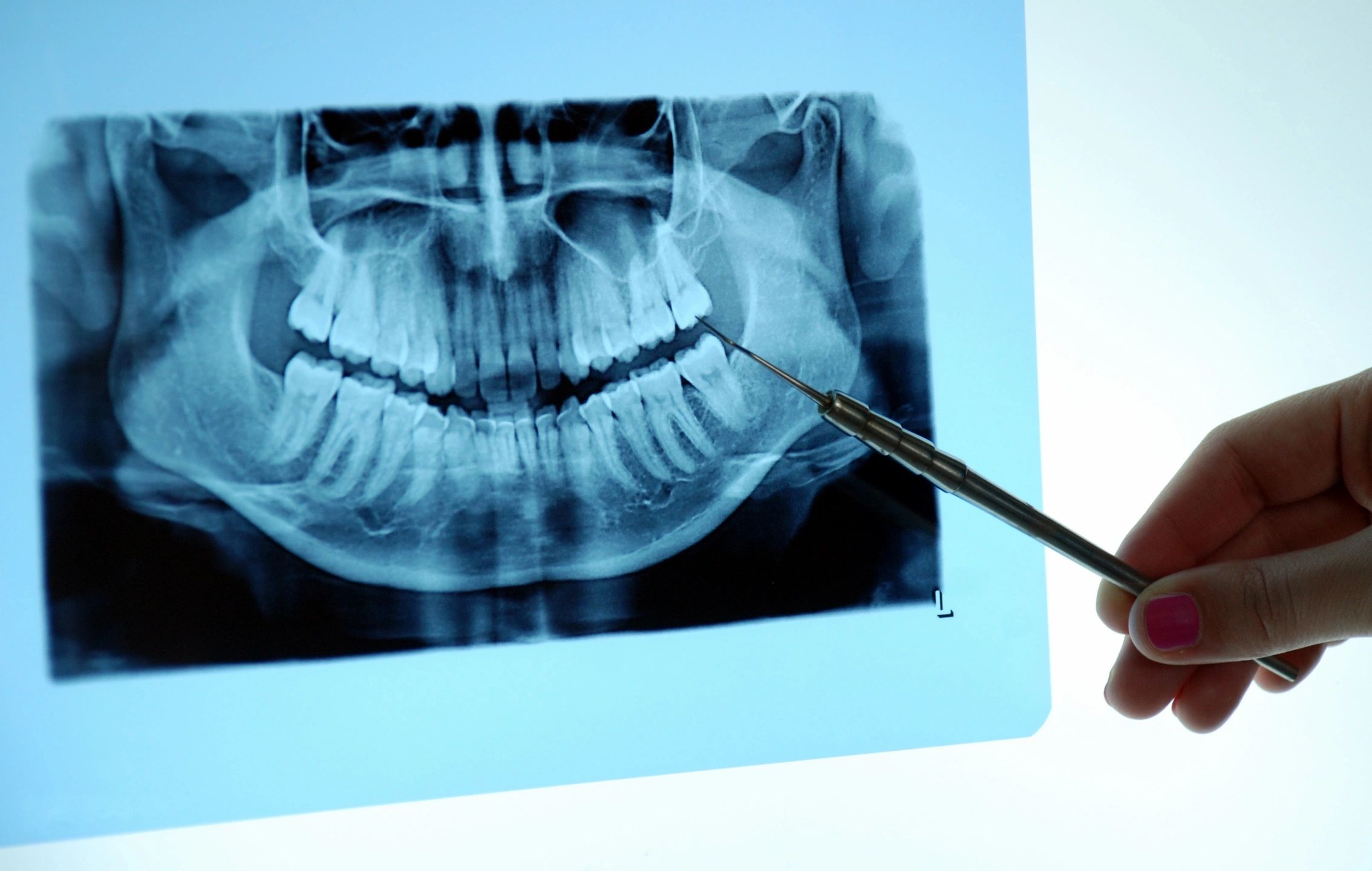Introduction:
Are you experiencing persistent jaw pain, difficulty chewing, or a clicking sound when you move your mouth? It’s possible you’re suffering from TMJ Dysfunction, a condition that affects the temporomandibular joint (TMJ), which connects your jaw to your skull. This blog post delves into what TMJ Dysfunction is, its symptoms, causes, and the available treatment options to alleviate pain and improve quality of life.
What is TMJ Dysfunction?
TMJ Dysfunction, also known as temporomandibular joint disorder, is a complex condition that leads to pain and dysfunction in the jaw joint and muscles controlling jaw movement. It’s a condition that can impact anyone but is more prevalent among women than men. Understanding TMJ Dysfunction is the first step towards finding relief and restoring functionality.
Symptoms of TMJ Dysfunction:
- Persistent pain or tenderness around the jaw
- Aching pain in and around your ear
- Difficulty or discomfort while chewing
- Locking of the joint, making it difficult to open or close your mouth
- A clicking or grinding noise when you move your mouth or chew, which may or may not be painful
Common Causes:
TMJ Dysfunction can be triggered by various factors, including but not limited to:
- Jaw injury or trauma
- Excessive teeth grinding (bruxism) or clenching
- Misalignment of teeth or jaw
- Arthritis in the TMJ
- Stress, which can lead to tightening of the facial and jaw muscles or clenching of the teeth
- Sleep apnea
Understanding the underlying cause of your TMJ Dysfunction is crucial for effective treatment.
Treatment Options:
Treatment for TMJ Dysfunction varies based on the severity and cause of the condition. Some common treatment approaches include:
- Pain relievers and anti-inflammatories to alleviate pain and swelling
- Muscle relaxants for a short duration to relieve muscle spasms
- Oral splints or mouth guards to prevent teeth grinding
- Physical therapy exercises to strengthen jaw muscles and improve flexibility
- Stress management techniques to reduce clenching due to stress
- In severe cases, surgical interventions might be considered
Conclusion:
TMJ Dysfunction can significantly impact your daily life by causing discomfort and pain. However, with the right diagnosis and personalized treatment plan, it’s possible to alleviate the symptoms and improve your quality of life. If you suspect you have TMJ Dysfunction, consulting with a healthcare professional specializing in TMJ disorders is essential for an accurate diagnosis and appropriate treatment.
Are you or someone you know struggling with jaw pain and suspect it could be TMJ Dysfunction? Contact us for more information on diagnosis and treatment options. Remember, you’re not alone in this, and help is available.

